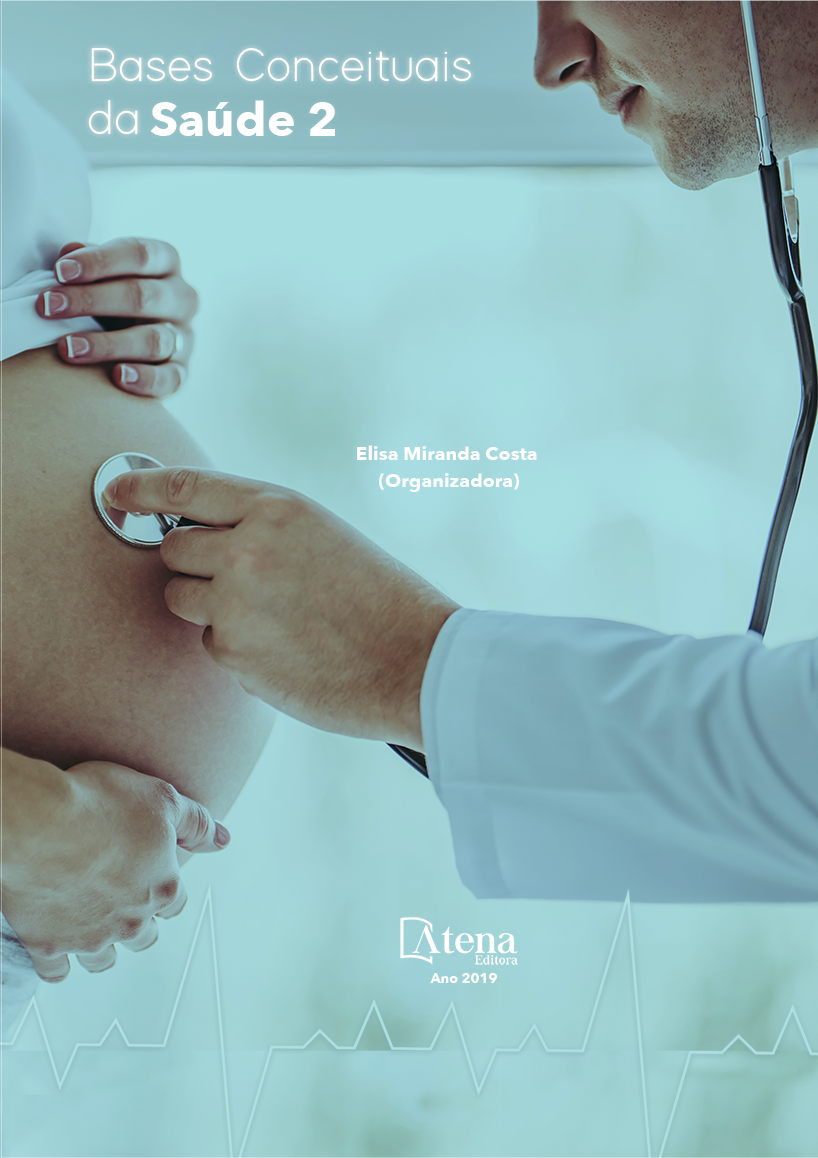
QUESTÕES DE SAÚDE NA COMUNIDADE QUILOMBOLA DE TIJUAÇU, SENHOR DO BONFIM – BA.
Trata-se de pesquisa que discorre
sobre a saúde da comunidade quilombola de
Tijuaçu, grupo étnico de maior representatividade
da região de Senhor do Bonfim-Ba. Apresentou
como objetivo realizar um estudo investigativo
sobre as práticas preventivas e curativas em
saúde na referida comunidade. Pesquisaação,
exploratória, inspirada na fenomenologia
Husserliana e contou com a participação de
integrantes da comunidade, lideranças políticas
e religiosas, professores e profissionais da
Estratégia de Saúde da Família da localidade.
Como instrumentos para construção dos dados
foram utilizados questionário estruturado,
entrevista semi-estruturada e grupo focal
para aprofundar as discussões. Realizou-se
análise de conteúdo, segundo Bardin, através
da triangulação de dados. Os resultados
sócio-epidemiológicos apontaram para uma
coerência entre a visão dos líderes e dos
integrantes da comunidade em relação aos
determinantes de vida e as condições de
vulnerabilidades persistentes na comunidade,
contudo demonstram divergência quanto às
práticas preventivas e curativas de saúde
envolvendo a utilização de ervas medicinais,
rezas e benzeções, comprometendo assim a
implementação das ações preconizadas pela
Política Nacional de Saúde Integral da População
Negra, evidenciando que a comunidade vive, em
condições de vulnerabilidades persistentes, e,
em sua maioria, apresentam padrões alimentares
inadequados; apresentam não somente,
dificuldades de acesso aos serviços de saúde,
mas integralidade da assistência comprometida
por precariedade e/ou inexistência de serviços
estruturados para referência e; risco de perda
de sua identidade cultural. Deste modo, se faz
necessário intensificar ações de combate ao
racismo institucional e conscientização acerca
da cultura afro-brasileira e das práticas de
medicina tradicionais de matriz africana.
QUESTÕES DE SAÚDE NA COMUNIDADE QUILOMBOLA DE TIJUAÇU, SENHOR DO BONFIM – BA.
-
DOI: 10.22533/at.ed.33619150223
-
Palavras-chave: Saúde da População Negra; Política Nacional de Saúde Integral da População Negra; Cultura Afro-Brasileira.
-
Keywords: Black population health; National Policy of Integral Health of the Black Population; Afro-Brazilian Culture.
-
Abstract:
This research is about the health
of the Quilombola community of Tijuaçu, the
most representative ethnic group in the region
of Senhor do Bonfim-Ba. The objective of this
study was to carry out an investigative study
about preventive and curative health practices
in the community. Exploratory action research, inspired by Husserlian phenomenology
and counted on the participation of community members, political and religious leaders,
teachers and professionals of the Family Health Strategy of the locality. As instruments
for construction of the data were used structured questionnaire, semi-structured
interview and focus group to deepen the discussions. Content analysis was performed,
according to Bardin, through the triangulation of data. The socio-epidemiological
results point to a coherence between the view of leaders and community members
regarding the determinants of life and the conditions of persistent vulnerabilities in the
community, however they demonstrate divergence regarding preventive and curative
health practices involving the use of herbs health, medicine, prayers and blessings,
thus compromising the implementation of the actions advocated by the National
Policy of Integral Health of the Black Population, evidencing that the community lives
in conditions of persistent vulnerabilities and, for the most part, present inadequate
food standards; not only present difficulties in accessing health services, but also the
integrality of care that is compromised by precariousness and / or lack of structured
services for referral; risk of losing their cultural identity. In this way, it is necessary
to intensify actions to combat institutional racism and awareness about Afro-Brazilian
culture and traditional African medicine practices.
-
Número de páginas: 15
- Carmélia Aparecida Silva Miranda
- ELIANA DO SACRAMENTO DE ALMEIDA


